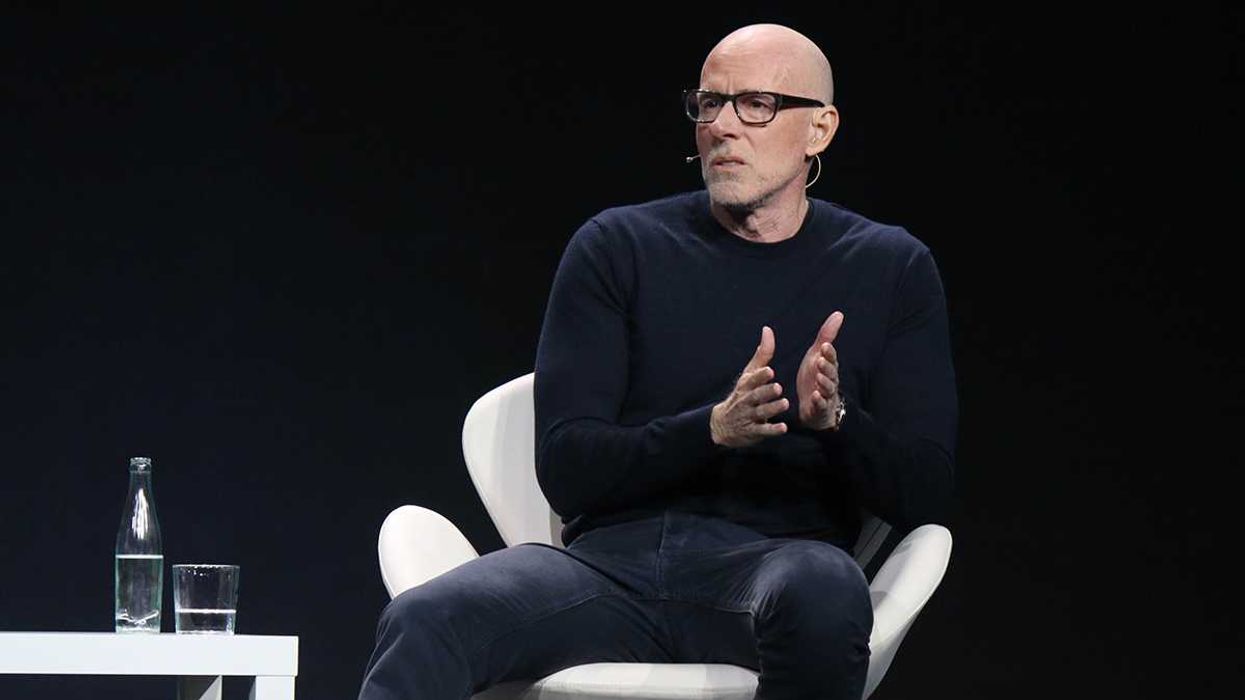A surprising lesson that one teacher learns in teaching about genocide.
Images of the Holocaust are projected onto my blackboard. The piles of bodies stacked inside of the concentration camp elicit dropped jaws and utter disbelief. Almost immediately, as if on cue, hands pop into the air.
From the back row, Jarvis asks, “But why would they take babies and kill them? Why couldn’t they stay with their mothers?”
Shanta wants to know: “How did Hitler get all of the Nazis to go through with his plan?”
Even Diamond, a normally introverted student pipes in with a question, asking, “How did the Jews that survived in the concentration camps live without much food and bad places to stay”
I field the questions as best I can, but I can tell that my meager answers don't provide much in the way of clarity or resolve for many of the children, still processing the awful horrors that human beings can cause to one another.
As the questions continue, students’ frustrations with my answers only mount. No longer are hands raised; instead they are now shouting out: “But I don’t get it…” or “Wait, couldn’t they fight back…” or “I swear if I ever meet a German I will….” My students have become overwhelmed with the feelings that genocide brings out.
Each time I teach the Holocaust to a different group of students, I tend to get similar responses from them. Because of that, teaching this lesson, while incredibly gut wrenching, is also one of the more comforting lessons I teach.
I almost feel dirty using the word “comforting” alongside genocide. In no way, shape, or form do the actual events of the Holocaust provide me with relief. What I am comforted by is that whenever the concept of genocide is introduced, my students' reactions never waver.
The shock, disbelief, and anger that students display when I speak about what happened to the Jews in Europe during World War II is rarely seen when I teach other lessons. I am not quite sure why that is, but I think it is because many of the other themes that go along with historical events—things like conflict, poverty, culture—have already entered into many of their lives.
A great number of my students have personally experienced the woes of poverty, the injustices of society, and the loss of life during their short time. So, when I teach lessons on topics such as the Great Depression, a majority of my students barely react when they hear about things such as bread lines, hunger, or unemployment. A lot of them are already seasoned on how to process (constructively or destructively) this sort of information. Even at 11 years old, I can tell that a coping mechanism already exists in their brains that prevents them from feeling emotions.
The events that a lot of children would consider traumatic are normal for these students. It is normal to experience an unexpected loss in the family. It is normal to go to sleep hungry at night. It is normal to be wary of a person who has a different skin color or background.
Therefore, teaching the Holocaust (as weird as this may sound) is one of the few opportunities that I have to get students to process uncomfortable thoughts in a constructive way. It also gives me the chance bring trauma outside their realm of normalcy. Together as a class we get to confront and process feelings that only arise when we're exposed to shocking information. My hope is that through various lessons and conversations, students will learn how to process the shock that learning about the Holocaust engenders and in this way, enable them to think differently about events that may arise in both their personal lives and society at large.
Of all the lessons I teach, I know this one will stick with them.
Photo (cc) via Flickr user kamart8354.
Randy Friedland teaches fifth grade at an elementary school in Atlanta.
















 Otis knew before they did.
Otis knew before they did.